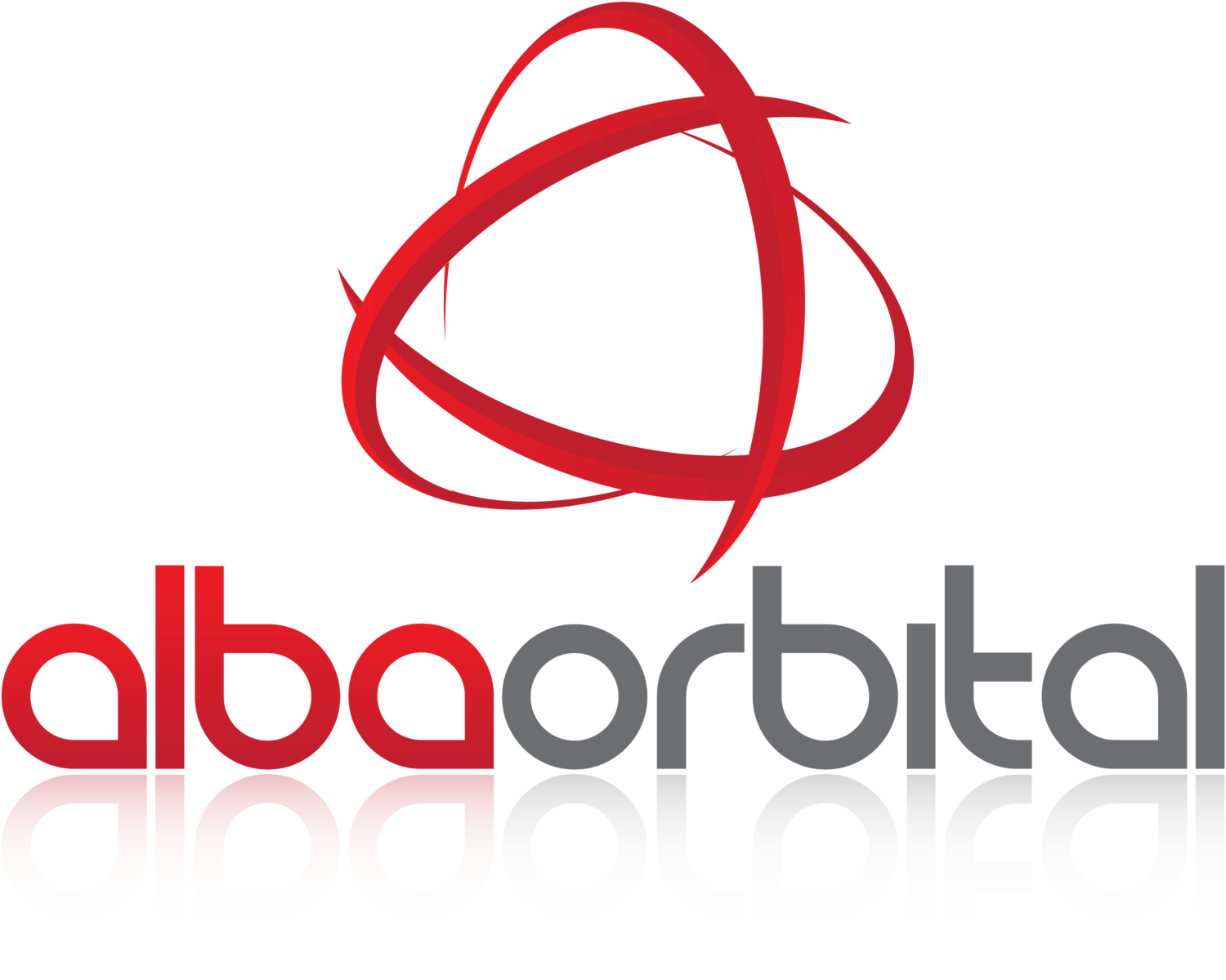Meet the PocketQube team: WREN
March 08 2014
We have been talking to the some of the teams on the front line of the PocketQube revolution. This blog features Paul Kocyla of the WREN team, the first 1p PocketQube project as well as the most advanced with a camera (SSTV), 3 axis reaction wheel and propulsion onboard. WREN made orbit but failed to make contact with the ground, Paul shares his thoughts.
_
How did you hear about PocketQube?
I found a presentation from Professor Twiggs on the web two years ago and was fascinated about it from the beginning.
_
Tell us a bit about your PocketQube Project
I was developing a pulsed plasma thruster one year before I heard of PocketQubs, and this new satellite geometry gave me the chance to send the thrusters into space.
_
Where did the idea come from, what is the objective?
I heard about Cubesats some years ago. At this time, I wanted to participate in a university Cubesat project, but unfortunately due to my bachelor exams I had to delay that - what I never forgave myself. So when I heard about the PocketQubs I started to develop one immediately. At this time I met two guys who wanted to found a company and send satellites into space, so we founded.
-
Due to internal issues the company is not existing anymore. Later a friend of mine (Sacha Tholl) helped me with the ground station issue and the paperwar to finally bring Wren into space. The objective was to produce a cost effective platform for education and research. After giving up the company I am on my own again. So for now, I will make future projects for passion, mostly related to amateur radio enthusiasts and makers.
_
What do you do outside building your PocketQube?
I am a hardware engineer and professionally developing home automation systems.During free time I mostly focused on computer vision and artificial intelligence. I build an air-pressure/solar-charge autonomous model car and a robot capable of making a conversation with humans in natural language (two years before Siri ;-) ). I am also involved in the QB50 project of the FH-Aachen University where I develop a precise sun sensor.
_
What does the future hold?
Currently I am developing a new satellite. It will be simpler and cheaper than Wren - but hopefully more reliable.
The goal is to build a satellite for radio amateurs and make the development process transparent. There will be no higher purpose, except fun. Everybody shall be able to receive it with a simple homebuild antenna and USB-Radio-Stick for about 20$ total. Later I want to provide development kits - maybe via the PocketQube shop. It will have a camera with SSTV and a remote attitude control. During the development of Wren I learned a lot and will try to avoid many mistakes in order to build a reliable satellite. For the future there is also a new kind of thruster on the project list.
_
What are your top tips for budding PocketQube builder?
1) The most important thing is: Don´t book the launch before you finished constructing and testing. We did that mistake, and it brought us many many problems. In the end, Wren failed after short time due to lack of testing.
2) Better safe than sorry. A simple, robust consctruction which is working is more satisfying than a complex satellite which fails after a short time. I suggest to build a safe one first and learn during the process, then eventually proceed with a complex one. (We tested the thrusters in high vacuum. They worked extremely good. Unfortunately we didn't have the chance to test them in space because Wren stopped operation).
_
What is your definition of success?
According the next PocketQub mission: Beacons would be great. A picture from orbit would be fantastic. Happy radio amateurs controlling the satellite and having a hell of fun with it for a long time would make it a full success!
According to life: Living my passions and spark the passion in others. Achieving the impossible together and having fun doing that.
Got the PocketQube itch? Start your project today. If you found this interview interesting please share it :)
___
Keep up to date with PocketQube with our mailing list
Email Address
___


